Islamabad, Jul 24: Over 370,000 troops have been deployed across Pakistan for tomorrow's general election, the largest military deployment on a polling day in the nation's history, amid concerns over the powerful army's interference after it was granted magisterial powers.
The Pakistan Army has said it would deploy 371,388 troops at 85,000 polling stations for the July 25 election. This would be the largest deployment for any election in the country's history. The countrywide election campaign, marred by a string of terrorist attacks, came to an end at midnight last night, as political parties culminated their poll campaigns.
Armed soldiers stood guard as election officials in the capital distributed ballot boxes and voting material at polling stations across the city. "Deployment of troops completed across the country," the military said in a statement, adding that the troops along with local security agencies will provide "a safe and secure environment" for voting.
Security forces have also warned that leaders of mainstream parties and certain candidates face serious security threats. This has also affected the traditional election fervour.
In the run-up to the election, the country was hit by a series of terror attacks on candidates and campaign rallies, including one that killed 151 people in Balochistan province on July 13.
Questions have also been raised about the role of the military after reports that it was given magisterial powers. The Election Commission of Pakistan (ECP) was also criticised for deploying the army both inside and outside polling stations.
Army chief General Qamar Bajwa has however assured that military personnel deployed for election duties would strictly comply with the code of conduct given by the ECP.
He also said the army will only perform a facilitative role in the election and that the polling process is to remain under the control and authority of the ECP. The military has ruled Pakistan through various coups for nearly half of the country's history since independence in 1947.







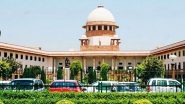





 Quickly
Quickly









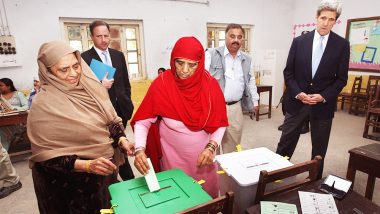
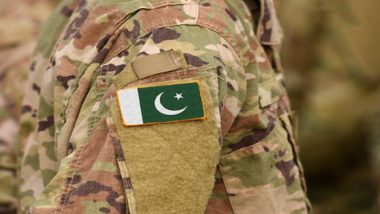
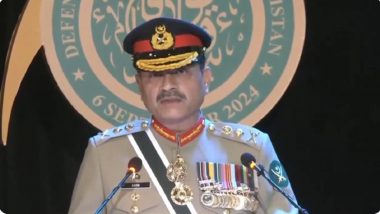
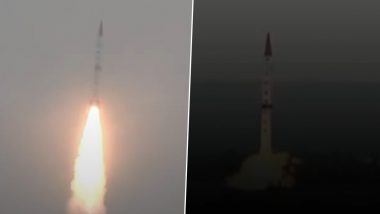
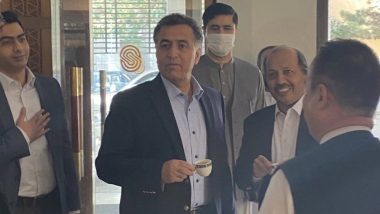
 MI
MI







